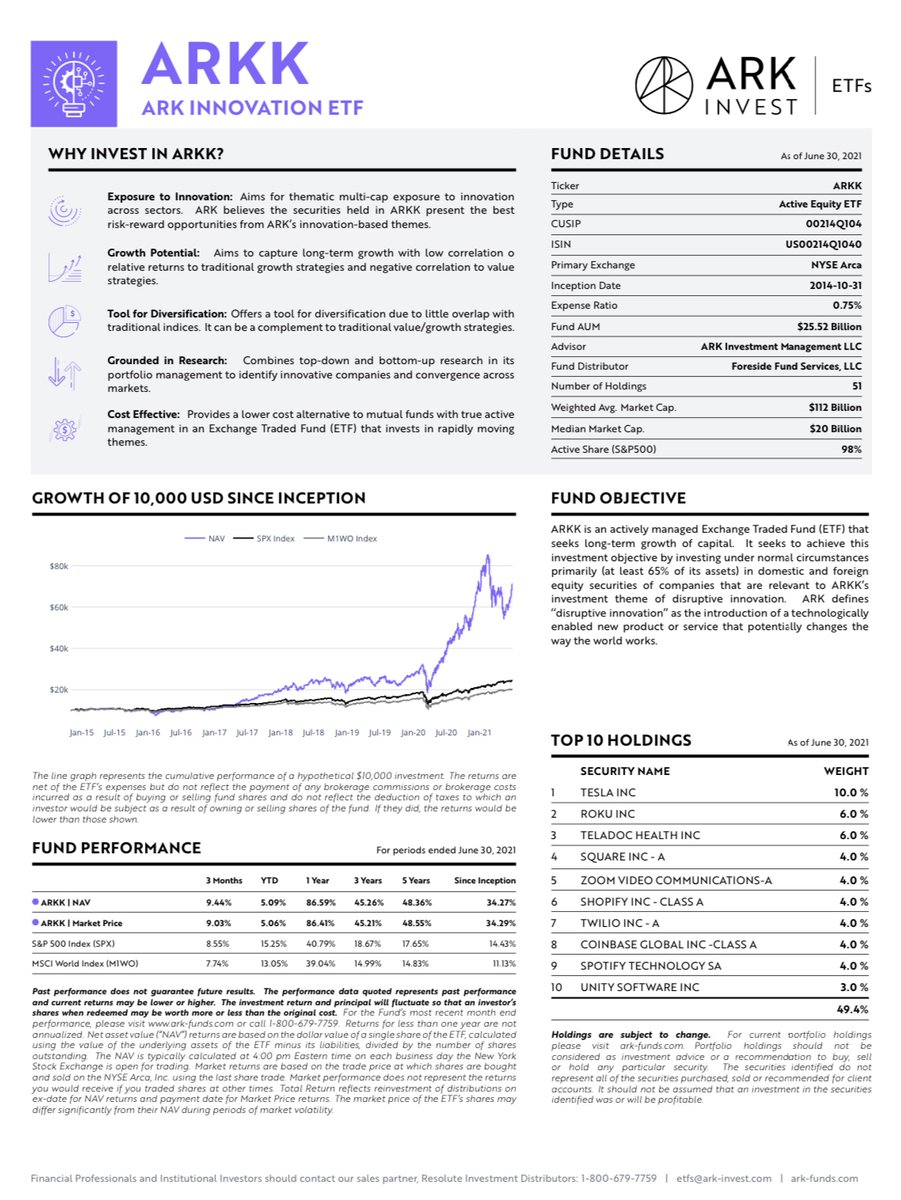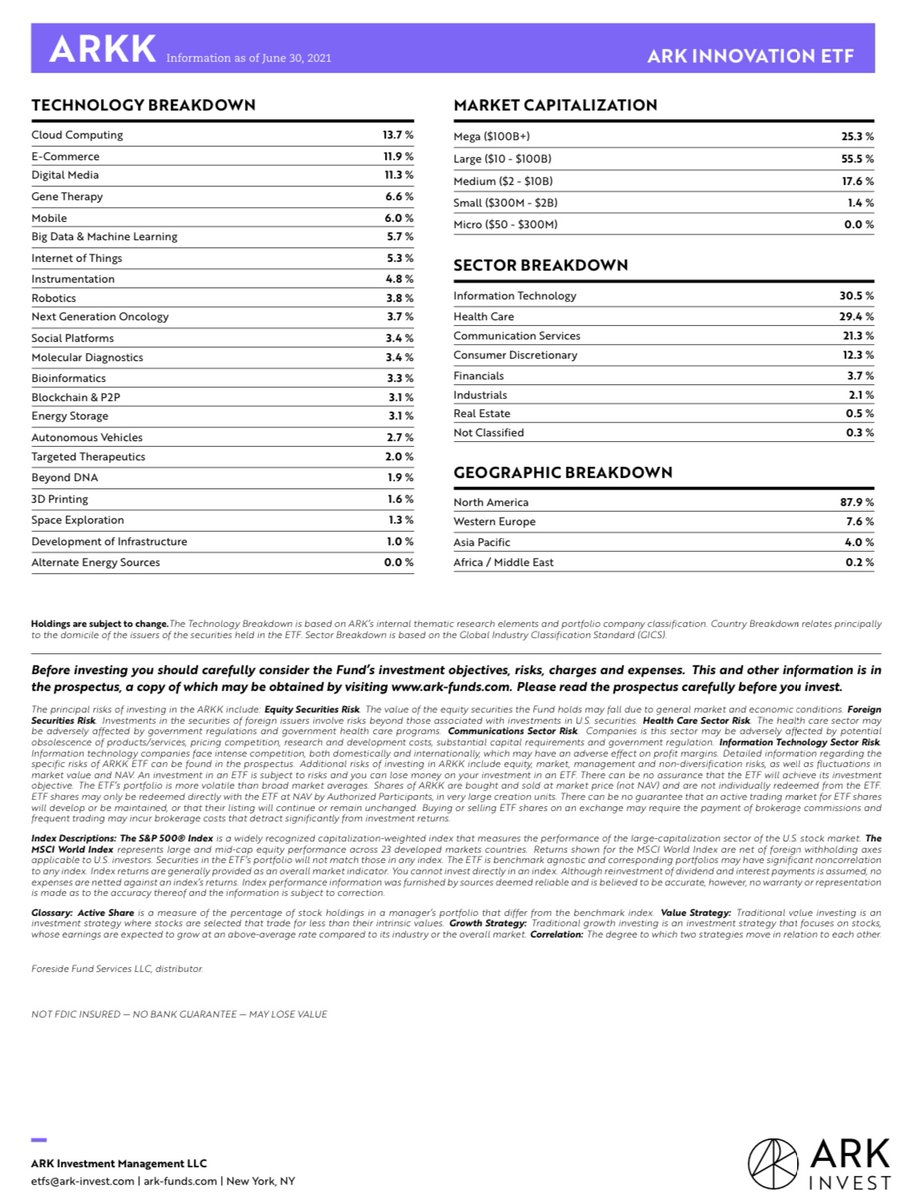
Berkshire Hathaway released its 3Q financials this morning. A few quick observations. Cash at $149.2B and share repurchases of $7.6B during 3Q and $20.2B through 9/30 will draw media headlines, but inflation is the real story, as is the case with so many companies of late. 1/
Let's get the cash "problem" out of the way. You never see reported that Berkshire's assets are at a record $922B or shareholder's equity at a like record $473B, yet the cash balance at 16% of total firm assets and 32% of equity are not much above their average since 1998. 2/
Berkshire reaffirms they will not repurchase shares if the cash position drops below $30B, which was raised from a decade-long $20B in the June 10-Q. Mr. Buffett placed the effective "permanent" cash balance at a higher $70B during the annual meeting, which I've long assumed 3/
correlates to ~one year of cash insurance losses paid. In reality, cash exists throughout the company, with nearly $5B at the energy and rail businesses and I think somewhere on the order of $20B in MSR working capital. The insurance operation holds almost $90B of cash. 4/
Assume with only $18B in fixed-income investments in an insurance operation writing $70B in annual premium and with close to $250B in equity capital that a good portion of the cash in the insurers is effectively fixed-income, likely reflecting the opinion of long-dated bonds. 5/
On share repurchases, the cadence of buys picked up a bit. $7.6B of shares were bought in the quarter, up from $6.6B in Q1 and $6B in Q2. Further, BRK reports an additional purchase of 5M "A" equivalents through 10/27, which would be an additional ~$2B or so retired. 6/
Total shares now outstanding are below 1.5M, at 1,488,922 at 10/27. The share count is down 3.6% ytd and will likely decline by close to 5% for the year, having bought back 5.7% last year. With Berkshire undervalued and spending ALL operating profit on repos, compare how fewer 7/
outstanding shares most other companies repurchase with the more than 50% of profit spent on repurchases. Most companies have no regard for price paid and are simply offsetting dilution from share grants to insiders. No such dilution exists at Berkshire. 8/
Capex spending continues to drive the productive asset base higher. The rail and energy businesses spent $6.7B for the year to 9/30 and expect so spend another $3.1B during Q4. At the utility and energy operations, capex is running 2x depreciation, with growth investing 9/
earning good, largely regulated returns. No competitors are investing in renewables and the grid at the pace/scale of Berkshire. Coupled with traditional energy assets, like those purchased from Dominion, this business will surpass the rail in size within the decade. 10/
The stock portfolio was again modestly trimmed. Buys of $1.4B were offset by sales of $3.4B for a net quarterly trim of just under $2B. For the year to date, stock market trims total just under $7B (which accounts for 70% of the "swelling" in the cash position since yearend). 11/
When BRK files their 13F in a couple weeks I'd look for an elimination of the rest of Wells and likely trims in GM and the pharma holdings. Not enough activity to get excited about. The portfolio returned ~2% during the quarter, ~15% to 9/30 and about 23% through Friday. 12/
Apple remains the anchor, at 41% of the stock portfolio at 9/30. $AAPL has been a drag on the portfolio for the year, up 7% at 9/30 and 15% ytd. Berkshire's shares are up 24.7% ytd and were up 18.3% at 9/30, outpacing the S&P 500 on both. 13/
Insurance: Not great. I'd mentioned inflation. All three insurance segments suffered underwriting losses during 3Q, depite healthy reserve development from prior years. The current underwriting period is fairly ugly. Float is now $145B, up $3B from 6/30 and $7B from 12/31. 14/
GEICO: While premium volume has now fully recovered from the giveback credits (which were to offset the benefit of lower frequencies when fewer were driving), with premiums earned up 12.5% y/y, underwriting lost 3% for the quarter, and that with positive loss development. 15/
More drivers = more crashes, but severity of claims paid are also way up. Seeing mid-teens frequency in property damage, bodily injury & personal injury. The severities of claims are "only" 4-5% in property damage but are 10-12% in bodily injury and 13-14% in collision cover. 16/
Severities are likely up in part due to massive increase in the prices of used cars. Rising prices are not unique to GEICO. Progressive likewise had an underwriting loss for the quarter, albeit 3 points better. There's an upshot to industry pain in short-tail lines. Price. 17/
GEICO is catching $PGR in market share gain, but both, and the industry, will likely be filing for price increases with state insurance commissions.
Berkshire's Primary group also wrote at an underwriting loss of 0.8%, though improved over 2020, much from +loss development. 18/
Berkshire's Primary group also wrote at an underwriting loss of 0.8%, though improved over 2020, much from +loss development. 18/
Premium volume continues higher at the group, with a huge 42% increase ytd at Specialty. The other units here grew as well. Worth watching development in a rising price environment over time in longer-tail workers' comp and professional/commercial liability lines. 19/
Outside of retroactive re and periodic payment annuity, which typically show an accounting loss, the core reinsurance operations also underwrote at losses for the quarter. P/C at a combined 106.8 and Life/health at 113.6! Volumes and price continue higher, but $1.5B in cat 20/
losses for hurricane Ida and European floods harmed the bottom line. Again, the results were helped by positive development from prior years. Life/health has been harmed of course from higher mortalities form the pandemic. 21/
BNSF continues to improve from 2020. Volumes and price both higher. Interesting to see lower grain exports. Coal for the first time in years was strong. We will see myriad dislocations from public policy shifting to renewables faster than the grid and demand will require. 22/
Volumes would be higher at the rail except for supply chain issues.Serious trucker shortage. Also harmed McLane.
Energy and utility operations are quite strong. Utility margins up across the board (small decline at NV due to lower base tariff). Earnings up low double digits. 23/
Energy and utility operations are quite strong. Utility margins up across the board (small decline at NV due to lower base tariff). Earnings up low double digits. 23/
Ongoing production tax credit benefit for investments in wind. Negative 29% tax rate. Very interesting to see a slowdown in the real estate brokerage within BH Energy. Profit down 42%, expectedly for lower mortgage refi. Curious if closed transaction volumes slowed 3Q? 24/
Lots of recovery and strength in MSR. Profit up 15% on 12.4% sales growth. Inflation and supply chain issues abundant in manufacturing. Precision improved but still weak. Need air travel to fully recover. Raw material costs impacting Lubrizol. 25/
Marmon shed several underperformers. Had been telegraphed. We'll see if this becomes a trend. I'd bet on it. Clayton still growing (13.7%) but much slower. Not demand but supply issues/scarcity in lumber, steel, petrochemicals, fixtures & also labor and freight problems. 26/
Unit sales of site-built homes actually declined 3Q. Lots of mentions of supply chain and inflation. Looks like many operations able to fully pass through costs, especially in service/retail. Very strong RVs at Forest River. High utilization at NetJets. Strong used car sales 27/
at BH Automotive but new car sales declined-inventory shortages at OEMs. Empty dealer lots.
All in all another fairly boring, straightforward quarter. Love seeing repurchases with all of operating income (more in the quarter), with $20B retired matching operating profit ytd. 28/
All in all another fairly boring, straightforward quarter. Love seeing repurchases with all of operating income (more in the quarter), with $20B retired matching operating profit ytd. 28/
No elephants/big deals, but why compete with SPACs and private equity? The cash balance, particularly the portion actually spendable, is not a burden. Patience doesn't seem to be a virtue for many watchers. Plenty of uses for capital in energy PPE. Balance sheet's a fortress. 29/
Slight reduction in debt but continued lengthening at extremely attractive very long-term maturities. Overall terrific capital allocation.
It was very sad to see the passing of Walter Scott. Will be interesting to see if BRK soon acquires the 8.9% minority interest in BHE. 30/
It was very sad to see the passing of Walter Scott. Will be interesting to see if BRK soon acquires the 8.9% minority interest in BHE. 30/
I'd presume an estate basis step-up, which looked at risk under various iterations of tax proposals. We don't know what the '22 code will look like. Greg Abel has the majority of his wealth in BHE and not shares of BRK. Would love to see him own more BRK, but tax efficiently. 31/
Susie Buffett and Chris Davis were added to the board. I like the choices, as the role of the board post Mr. Buffett will certainly be of maintaining the culture for as long a time as possible. That means different things to different people, but I applaud the elections. 32/
Despite $BRK shares outpacing major indices this year, the company will continue to draw criticism. Many expect a company with $472B in shareholder equity that earns a normalized ~10% on unleveraged equity capital to "beat the market" over all short and intermediate periods. 33/
With the S&P 500 trading at an earnings yield well below 5% and with margins at record highs, a bet against Berkshire's LONG-TERM continued outperformance is one I wouldn't take. Soundness looks silly at extremes of optimism. When capital suffers, Berkshire takes advantage.
• • •
Missing some Tweet in this thread? You can try to
force a refresh






